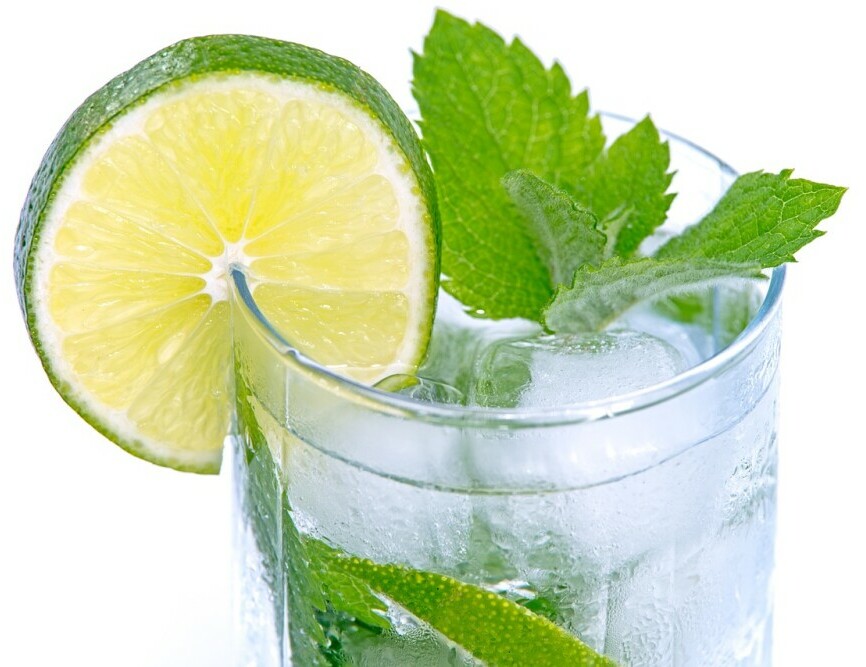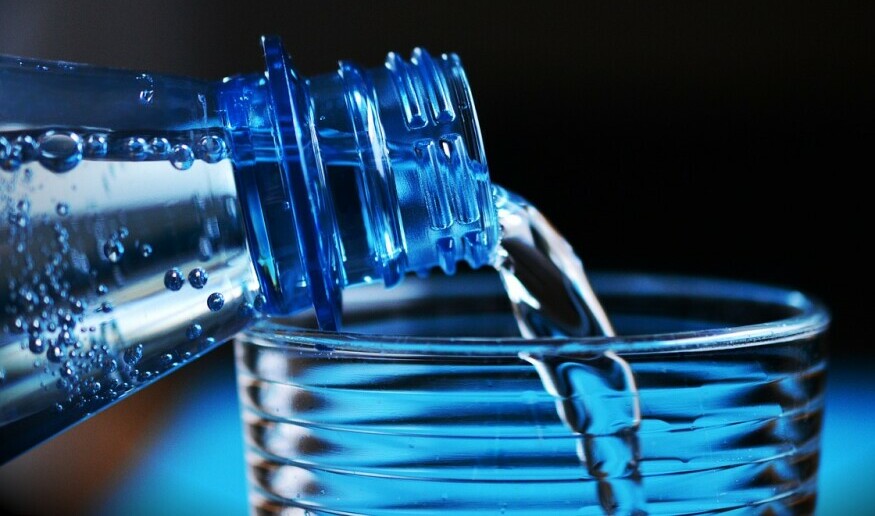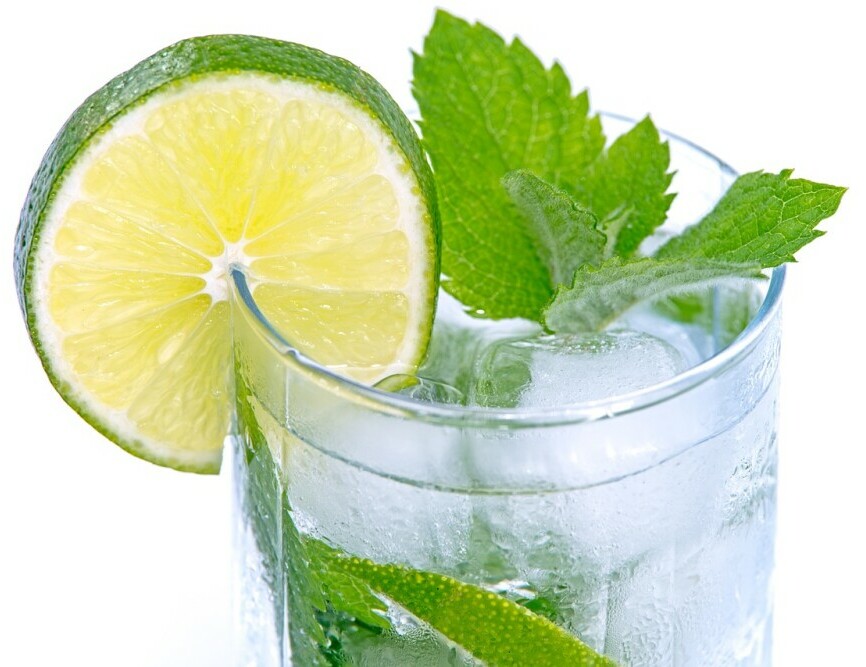
A super-efficient machine that’s firing on all cylinders needs the right fuel. Well, that’s what your body is like and water is the fuel that keeps everything running smoothly. Hydration plays a critical role in many bodily functions, and digestion is a massive part of that story.
Digestive health and hydration are like best buddies. Water helps break down the food you eat, making it easier for your body to absorb nutrients. It ensures that the digestive processes are seamless – from chewing to digestion in your stomach and the breakdown of food in your intestines.
When you don’t drink enough water, your digestion can go haywire. Imagine trying to cook without enough oil – everything starts burning and sticking, right? Dehydration can lead to problems like constipation, bloating, and an upset stomach. Not fun at all!

Beyond the biological aspect, staying hydrated helps keep your gut healthy by promoting regular bowel movements and maintaining the balance of good bacteria in your stomach. It’s like your very own internal ecosystem!
In the upcoming sections, we’ll dive deep into how staying hydrated boosts metabolism, aids in weight loss, and some practical tips to keep your water intake on point. Stay refreshed and let’s keep this journey flowing!
How Hydration Supports Efficient Digestion
Water and digestion go hand in hand. When you take a sip of water, you’re essentially giving your digestive system a powerful tool. Water breaks down what you eat so your body can soak up all those essential nutrients.
Dehydration can throw a wrench in these works. Without enough water, your digestive tract can’t function properly. You might face uncomfortable issues like constipation, bloating, or even more serious digestive disorders. Think of water as a lubricant that keeps everything moving smoothly.
Additionally, water helps create the right environment for your gut, promoting a healthy balance of bacteria. A hydrated gut is a happy gut. This balance keeps everything working properly, from absorption to waste elimination.

Drinking water before, during, and after meals helps with the breakdown of food and can prevent overeating. Infuse water with a splash of lemon or cucumber for added flavor, making it more enjoyable to drink throughout the day.
Boosting Metabolism Through Proper Hydration
Water doesn’t just keep you hydrated; it also gives your metabolism a helping hand. Metabolism is the process your body uses to convert what you eat and drink into energy. A well-hydrated body can efficiently carry out these processes.
When you’re hydrated, your body burns calories more effectively. Even mild dehydration can slow down your metabolic rate, making it harder to shed those extra pounds. Drinking water can increase the energy you burn at rest, known as resting energy expenditure.
Hydration helps in thermogenesis – the process by which your body generates heat by burning calories. Drinking cold water can further enhance this effect as your body works harder to warm the water to your core temperature, thus burning more calories.
Scientific studies back up these claims. Research shows that drinking about 500ml of water can increase metabolic rate by up to 30% for about an hour. This small change can have significant impacts over time.
To keep your metabolism humming, aim for regular water consumption throughout the day. Try keeping a reusable water bottle with you and take sips often. Bonus points if you can swap your occasional sugary drinks for water. Not only will you stay hydrated, but you’ll also cut down on unnecessary calories and sugars.
Water Intake and Belly Fat Reduction: The Interlink
Water is like the hidden secret weapon in the battle against belly fat. Many folks underestimate its power, but staying hydrated can be a game-changer for weight loss, especially around the midsection.
There’s a solid link between water intake and fat loss. When you’re well-hydrated, your body functions far more efficiently, including its ability to burn fat. Water helps regulate your appetite, sometimes tricking your brain into thinking you’re full. So, you might avoid unnecessary snacking, cutting out extra calories.
Water also plays a critical role in lipolysis, the process where your body breaks down fat for energy. Simply put, without enough water, your body might struggle to break down fat cells. Drinking enough water ensures that this process runs smoothly, helping you get rid of more belly fat over time.
Let’s not forget about the detoxifying effect. Water helps flush out toxins and waste products from your body, reducing bloating and giving you a flatter appearance. Goodbye, excess water weight!

To make the most of water for belly fat reduction, try drinking a glass of water before meals – it can help control your portion sizes. Also, aim to spread your water intake throughout the day rather than chugging it all at once. Consider herbal teas or infused water if plain water doesn’t excite you – it all counts towards your hydration goals.
Practical Tips for Increasing Water Consumption
Getting enough water isn’t difficult if you make it part of your routine. The first step is figuring out how much you need. Generally, the 8×8 rule (eight 8-ounce glasses a day) works well, but individual needs can vary. Factors like weight, activity level, and climate also play a role.
Carrying a reusable water bottle is a game-changer. It serves as a constant reminder to drink up. Opt for one that’s easy to carry and appealing to you – maybe even one with time markers or motivational quotes to keep you sipping.
Setting reminders can also help. Use your phone or watch to set periodic alerts to take a few gulps of water. It’s incredible how these tiny nudges can up your hydration game.
Infused water can make drinking more enjoyable. Toss in slices of lemon, lime, cucumber, or even berries. Not only does it add a splash of flavor, but some of these additions can also offer extra health benefits.
Incorporate more water-rich foods into your diet. Fruits like watermelon, strawberries, and oranges have high water content, not to mention the added vitamins and minerals. Veggies like cucumbers, lettuce, and zucchinis are also excellent choices.
Watch for signs of dehydration. Dry mouth, dark urine, and fatigue are some red flags signaling you need more water. Listening to your body can steer you back on track quickly.
Lastly, don’t fall for common myths. For instance, the idea that coffee and tea dehydrate you isn’t accurate. While they do have a mild diuretic effect, they still contribute to your overall fluid intake. And yes, you can drink too much water, though it’s rare. The key is balance.

This article really highlights just how crucial water is for our overall health, particularly when it comes to digestion and metabolism. I appreciate the analogy of water being like the oil in a machine without it, everything just grinds to a halt. It’s so easy to overlook hydration, but when you think about how it impacts everything from nutrient absorption to gut health, it’s clear that staying hydrated is non-negotiable.
This article does a great job of breaking down why hydration is so important and how we can all make small changes to improve our water intake. It’s a great reminder that something as simple as drinking enough water can have a profound impact on our health, especially when it comes to digestion and metabolism. Definitely worth keeping this in mind as part of a daily wellness routine!
Absolutely, that analogy is spot-on! It’s amazing how something as fundamental as hydration can have such a big effect on our overall health. The way water supports digestion and metabolism really emphasizes its role as a cornerstone of wellness. Maintaining good hydration is an easy yet powerful step towards better health. Making water a regular part of our daily routine can make a huge difference in how we feel and function.
Thanks for your comment.